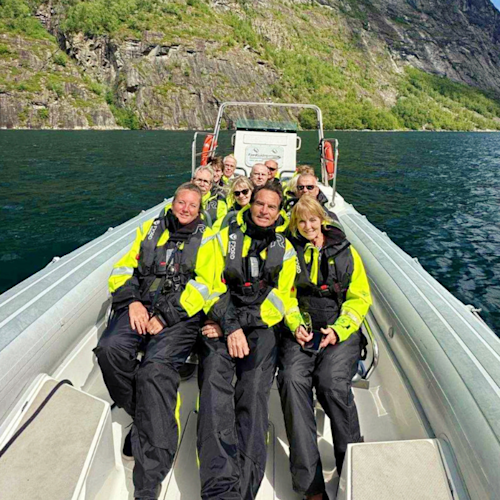
Tips for Travellers
Below is a short recap of our recommended Responsible Travel Tips
-
Choose low-emission transport options: Opt for trains, buses, electric vehicles, or bicycles instead of flying or driving private cars if possible. For longer distances, consider trains over flights, especially in regions where rail travel is efficient and environmentally friendly. If flying is necessary, choose airlines that prioritise fuel efficiency and sustainable practices. Also read our guide How to Book a Lower Carbon Flight
-
Travel off-season: By visiting destinations during autumn or spring, you help reduce overtourism, which can put immense pressure on local resources and ecosystems. This also means a more relaxed travel experience, with fewer crowds and a chance to experience destinations in a more authentic way.
-
Stay in eco-friendly accommodations: Read, for example, our article Ecotourism in the Nordic Region offers sustainable, experience-rich travel.
-
Support local economies: Choose locally-owned businesses for your accommodations, dining, and activities. This ensures that more of your money stays within the community, supporting local livelihoods and encouraging sustainable practices. Learn about our signature tours or read our article Responsible travel: 6 ways to support local communities.
-
Engage in responsible wildlife experiences: Look for ethical wildlife tours or conservation-focused experiences that contribute to protecting habitats and species. Also learn more about Animal Welfare during 50DN tours and packages.
-
Learn and respect local cultures: Take the time to learn about the customs, traditions, and values of the places you visit. Respect local norms, traditions, and cultural heritage to foster positive interactions and ensure your presence has a minimal negative impact.
-
Minimise waste and recycle: In destinations like the Nordics, where water is very clean and safe to drink, there's no need to buy bottled water — bring a refillable bottle instead! Be mindful of waste by reducing single-use plastics and disposing of recyclables properly. Many places offer clearly marked recycling bins, so make sure to use them.
-
Reduce energy and water use: While travelling, be conscious of your energy and water consumption. Turn off lights and electronics when not in use, take shorter showers, and avoid excessive air conditioning or heating. Many eco-friendly accommodations will already have systems in place to help reduce energy and water waste.
-
Carbon offset your travel: Consider offsetting the carbon emissions generated by your travel by supporting projects that reduce or capture carbon, such as reforestation or renewable energy initiatives. Several services can calculate your travel emissions and help you invest in offset programs.
-
Stay informed and make informed choices: Knowledge is power, and staying informed about the environmental and social impacts of your travel choices is crucial. Read articles like How to travel better: a beginner's guide to sustainable travel by National Geographic, and seek out resources on how you can travel more sustainably. The more you learn, the easier it becomes to make choices that align with your values and support a healthier planet.